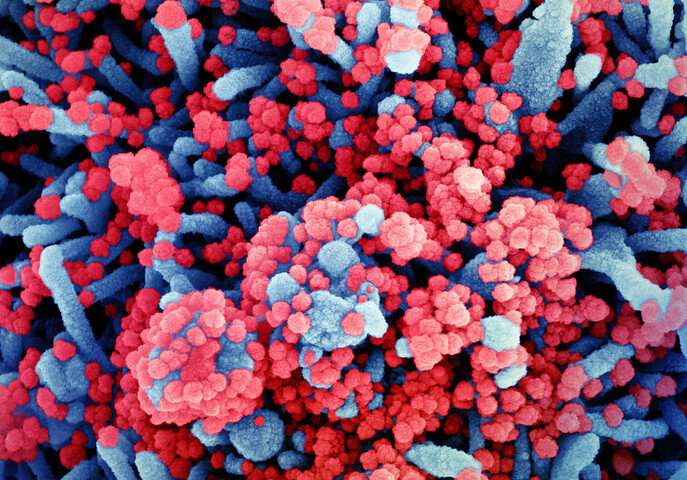
A combination antibody treatment for preventing COVID-19 illness in individuals who have had sustained exposure to someone with the virus is being studied by researchers at The University of Texas Health Science Center at Houston (UTHealth). The clinical trial is enrolling patients at Harris Health System’s Lyndon B. Johnson Hospital.
The Phase III, randomized, double-blinded, placebo-controlled trial will help researchers determine if the laboratory-made dual-antibody treatment, REGN-COV2, can prevent SARS-CoV-2 infection in individuals who share a home with someone with a confirmed infection.
“If this trial demonstrates that this treatment is effective, it could be used in various settings where exposure risk is heightened, such as health care, airlines, meatpacking factories, nursing homes, and among first responders,” said Roberto C. Arduino, MD, the study’s lead investigator and professor of infectious disease with McGovern Medical School at UTHealth. “It is crucial that we discover treatment options that can not only prevent severe illness, but also stop the spread of COVID-19 within our communities.”
The study team is seeking to enroll asymptomatic individuals who have had at least 48 hours of sustained exposure to a person with a confirmed SARS-CoV-2 infection, known as an index case. Participants must be randomized within 96 hours of the index case’s diagnosis. Trial participants must live in the same household as the index case patient for 29 days during the study.
REGN-COV2 is a combination of two monoclonal (laboratory-made) antibodies that target two different sites of the spike protein found on the surface of SARS-CoV-2, the virus that causes COVID-19. Antibodies are proteins created by the immune system to fight a pathogen or infection. The targeted surface spike protein gives the virus a crown-like appearance and allows it to attach to and enter cells.
The REGN-COV2 antibody cocktail is a combination of antibodies originally isolated from patients who have recovered from COVID-19 and produced by mice that have been genetically modified to have human immune systems.
Source: Read Full Article
